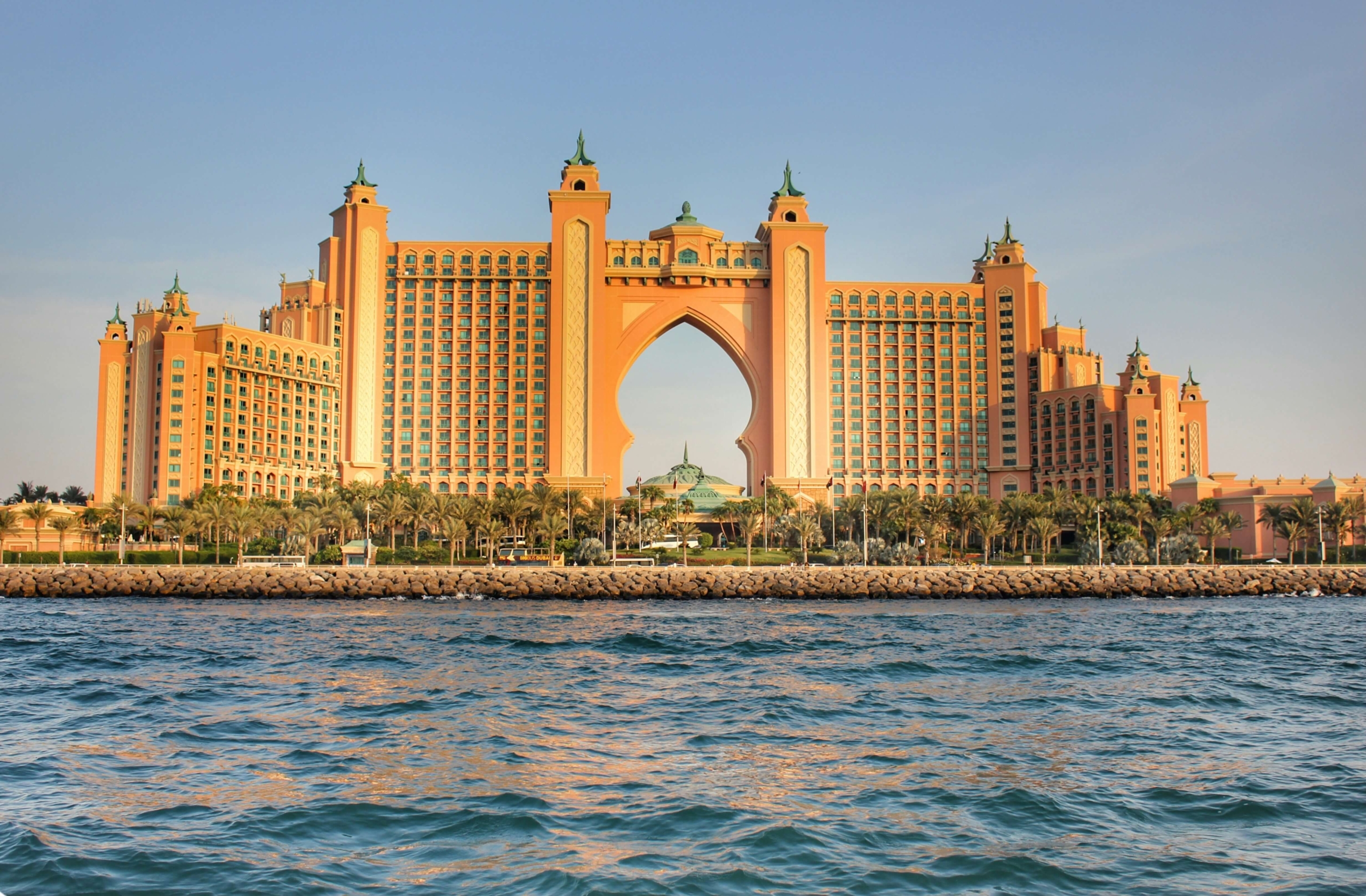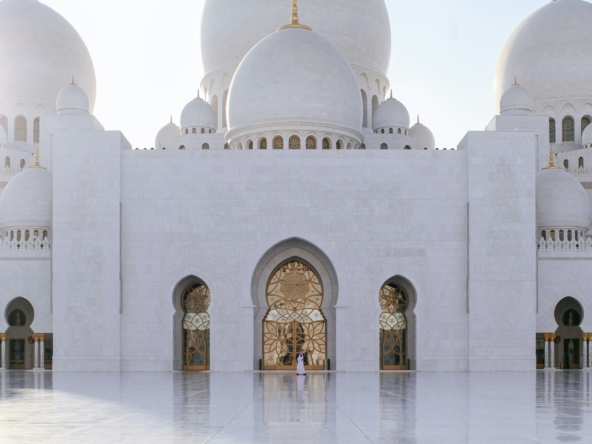Dubai is one of the most vibrant real estate markets in the world, attracting investors from all corners of the globe. With its strategic location, tax-free income, and luxurious lifestyle offerings, it’s no surprise that many people are eager to invest in Dubai’s property sector. However, before taking the plunge into purchasing an investment property in this dynamic city, there are several key factors to consider to ensure you make an informed and profitable decision.
1. Understand the Market Trends
The Dubai real estate market is known for its fluctuations, influenced by both local and global economic conditions. Before purchasing a property, it’s crucial to research current market trends. For instance, you should understand whether property prices are on an upward or downward trajectory, as well as the future outlook for the market. Key indicators like supply and demand, rental yields, and the overall economy should all be considered to ensure that you’re making a sound investment.
2. Know the Legal Framework
Dubai has a robust legal framework when it comes to real estate transactions, but it’s important to be familiar with the rules and regulations before proceeding. Foreigners can buy property in certain designated areas (freehold zones) and must adhere to the regulations in place for non-UAE nationals. Make sure you understand the ownership laws, property registration process, and any associated fees, such as registration fees and real estate agent commissions.
3. Location Is Key
When it comes to real estate, location is one of the most important factors. In Dubai, there are several areas that are popular for investment, such as Downtown Dubai, Dubai Marina, Palm Jumeirah, and Business Bay. Each neighborhood has its own characteristics and appeal, depending on the type of investment you’re looking for. Whether you’re looking for high rental yields, long-term capital appreciation, or proximity to business hubs and leisure facilities, the location will play a significant role in your investment’s success.
4. Property Type and Purpose
Determine the type of property that suits your investment goals. Dubai offers a wide range of properties, from luxury villas and high-rise apartments to commercial spaces. If you’re looking for a buy-to-let property, consider factors like rental demand, potential yields, and the target demographic. If you’re considering flipping the property for capital gains, assess the potential for price appreciation in the area. Understanding your investment objectives will guide your decision-making process.
5. Understand the Costs Involved
While property prices may seem attractive in Dubai, there are several additional costs that you need to factor into your investment decision. These costs include but are not limited to:
- Dubai Land Department Registration Fees: Generally 4% of the purchase price.
- Agency Fees: Real estate agent commissions can range from 1% to 2% of the property value.
- Maintenance and Management Fees: These fees are applicable for apartment complexes or serviced properties.
- Mortgage Fees: If you’re financing your purchase, keep in mind that there are mortgage-related costs and interest rates to consider.
6. Evaluate Rental Yields
Dubai’s rental yields are one of the key attractions for investors. On average, rental yields range between 5% and 7%, but this can vary based on the location and type of property. Areas like Dubai Marina and Jumeirah Village Circle often provide higher rental returns, whereas more upscale areas such as Palm Jumeirah may offer lower yields but with greater long-term appreciation potential. It’s important to research and calculate the potential rental income and compare it to your investment goals.
7. Financing Options
If you plan to finance your property purchase, you need to know the options available to you. Banks in Dubai offer mortgages to both residents and non-residents, but the terms may vary. Non-residents typically have a maximum loan-to-value (LTV) ratio of 50% to 60%, meaning you will need a significant deposit. Additionally, interest rates, loan tenure, and fees will affect your overall financial commitment, so it’s essential to work with a reliable bank or financial advisor to find the best financing solution.
8. Property Management and Maintenance
For investors who plan to rent out their property, it’s essential to have a reliable property management company in place. These companies handle everything from finding tenants to handling maintenance requests, rent collection, and property upkeep. Ensuring that the property is well-maintained and that tenants are satisfied will contribute to the long-term success of your investment. Be sure to consider management fees and the services provided when selecting a property management company.
9. Market Liquidity and Exit Strategy
Dubai’s real estate market can be highly liquid, but it’s essential to plan for the long term. While it’s possible to sell your property quickly, depending on market conditions, it’s important to have a clear exit strategy in place. Consider the timing of your sale, the potential capital appreciation, and market liquidity at the time of selling. You should also be prepared for potential market fluctuations that may affect your ability to exit the market at the price you desire.
10. Government Policies and Economic Stability
Dubai’s government plays a significant role in shaping the real estate market. The government has introduced several initiatives to boost foreign investment, such as long-term visas for property investors and regulatory reforms to protect buyers. Staying updated on any changes in government policies or economic conditions is essential to ensure that your investment remains sound. Additionally, Dubai’s economic stability, underpinned by its diversification efforts and focus on sectors like tourism, trade, and technology, makes it an attractive long-term investment destination.
Buying an investment property in Dubai can be a rewarding venture, but it’s crucial to approach it with careful consideration. By understanding the market trends, legalities, costs involved, and available financing options, you can make an informed decision that aligns with your investment goals. Whether you’re interested in rental income or capital appreciation, Dubai offers diverse opportunities, but research, preparation, and due diligence are key to securing a successful investment.



